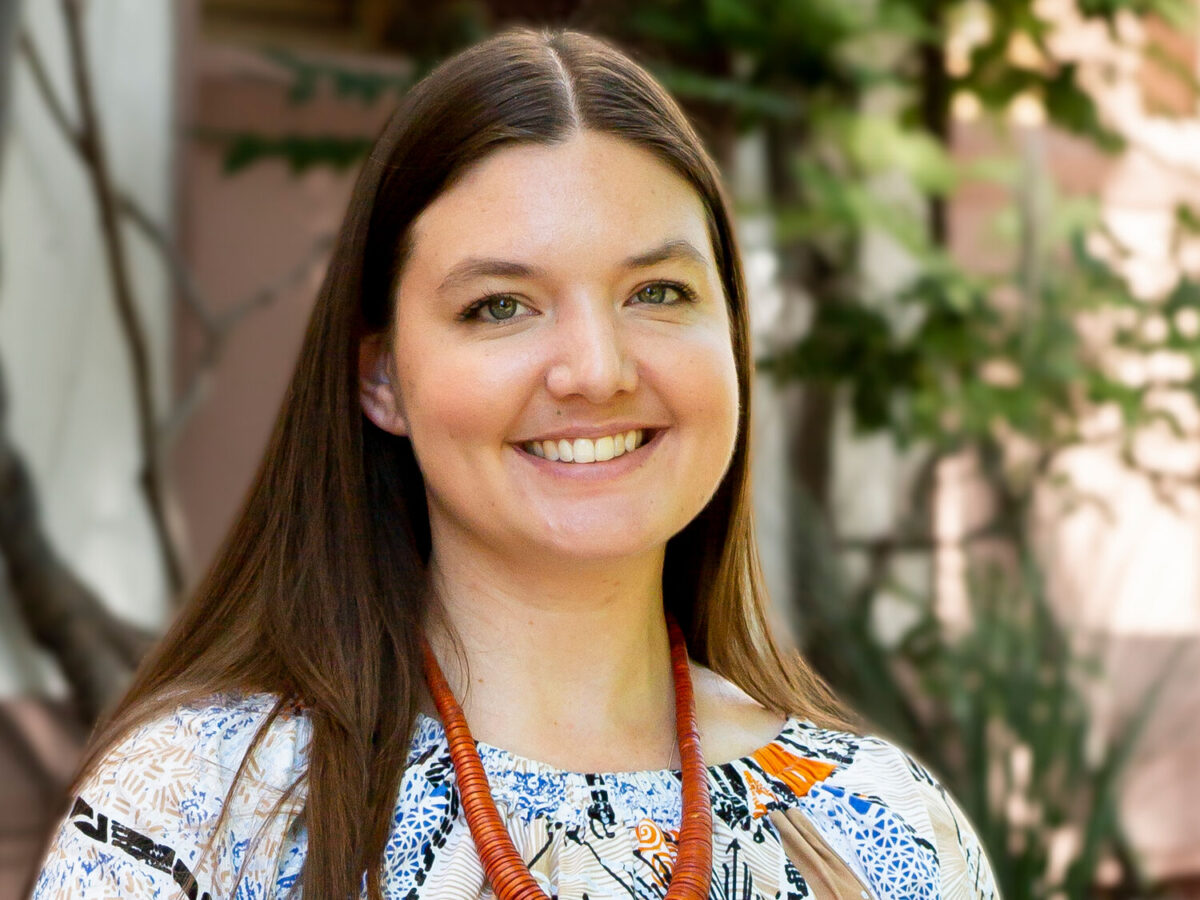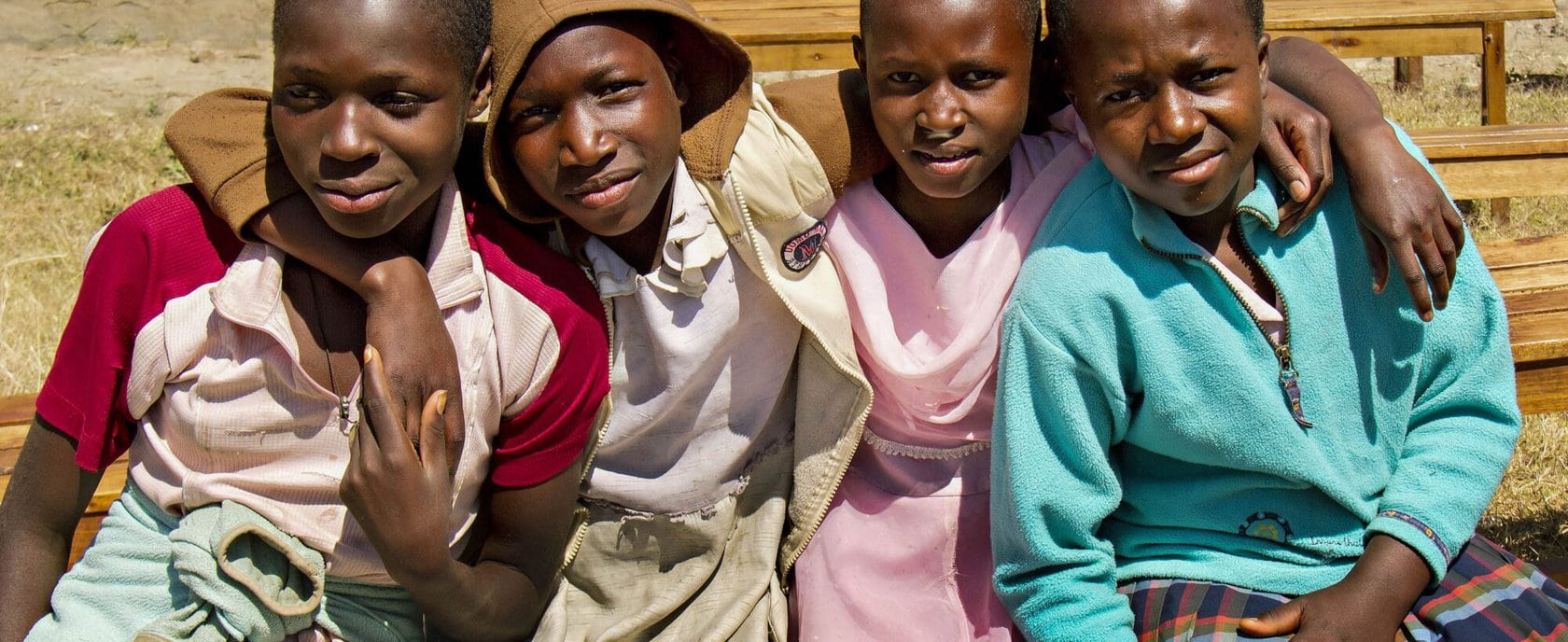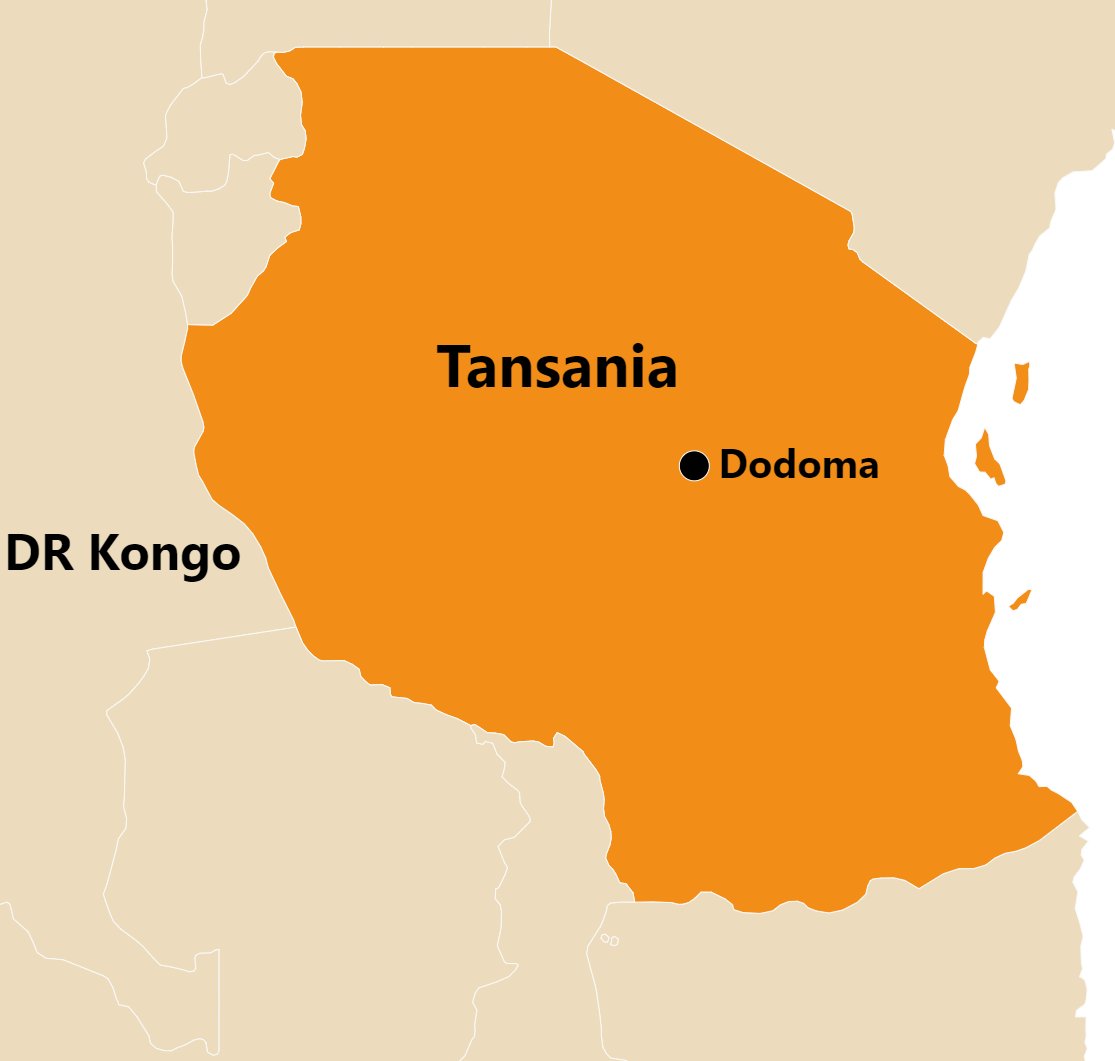
Adrienne Sweetman
Coordinator Tanzania

Orphans are among the weakest members of Tanzanian society. Due to the consequences of HIV and AIDS, an estimated one million children grow up without their parents. They are often marginalized and rarely able to attend secondary schools. Mission 21's Tanzanian partner churches, the Southern Province and the Southwest Province of the Moravian Church in Tanzania, are working to ensure that the basic needs of orphans are met and that they have access to education and medical care. In this way, they can find a way out of poverty and dependency.
HIV and AIDS are widespread in Tanzania. Around 4.6 percent of adults are living with HIV. 72,000 people are newly infected nationwide every year and 24,000 people die each year as a result of HIV. In this context, an estimated one million Tanzanian children grow up without their parents. In the Mbeya project region, the number of infections is roughly twice as high as the national average.
The children often find themselves in a precarious situation and experience stigmatization and discrimination. They are mostly cared for by relatives. The foster families are often overburdened and can hardly care for the children, who often suffer from malnutrition. Orphans are often denied schooling. Many are traumatized, some are HIV positive themselves.
Mission 21's partner churches in Tanzania support orphans in the city of Mbeya and in the rural areas of Rungwe and Isoko. In addition to psychosocial support, the children and young people receive access to medical care and school or vocational training. The foster families are sensitized to the special needs of the orphans. They also learn how to increase their income through agricultural projects.
The following activities are planned for 2024:
Orphan work in Tanzania has expanded considerably on a regional level. The orphan work in Rungwe and Mbeya, which has been established for many years, has been joined by orphan projects in Chunya and Ilindi. This has made it possible to establish reliable structures in very remote districts in order to support and promote children without parents in the long term. Around 400 orphans have access to school education or are able to complete vocational training. Thanks to additional foundation funding, 100 more young people have been able to complete a two-year vocational training course in recent years.
The results are very pleasing. Many children without parents in secondary schools have above-average grades, some have been able to complete a university degree and many are working independently in skilled trades thanks to vocational training. All of this helps to lift the children out of poverty and stigmatization in the long term. The support of the foster families, i.e. in most cases the grandmothers, also plays a major role. They are supported in the upbringing of the often traumatized children and receive help to help themselves. For example, numerous families have been able to create a stable additional income through agricultural projects, such as setting up beehives. This enables them to support their children without parents and make them independent of outside help.

CHF 94'100
Mission 21
Protestant Mission Basel
PO Box 270
Missionsstrasse 21
4009 Basel, Switzerland
Tel.: +41 (0)61 260 21 20
info@mission-21.org
Donation account Switzerland:
IBAN: CH58 0900 0000 4072 6233 2
Tax exemption number:
CHE-105.706.527
Donation account Germany:
Savings Bank Lörrach-Rheinfelden
Swift BIC: SKLODE66
BLZ: 683 500 48
IBAN: DE39 6835 0048 0001 0323 33
Account No. : 1032333